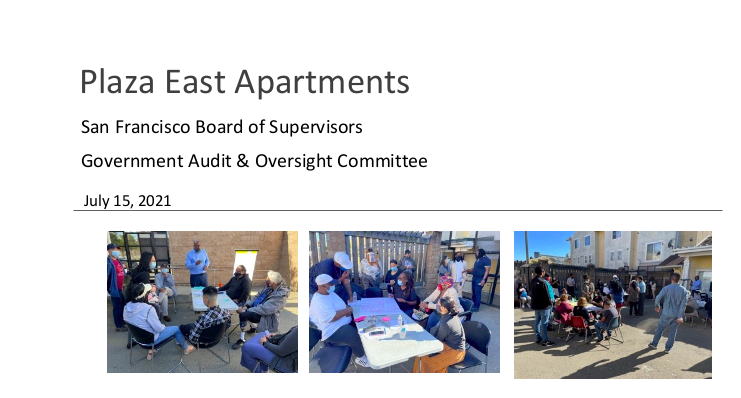By Heather Knight : sfchronicle – excerpt (via email)
Early this year, the real f-word in San Francisco was fourplex. The notion of allowing single-family homes to be converted to four units — already being explored by Sacramento, Berkeley, South San Francisco and other cities — made some politicians and their NIMBY supporters blow their tops.
A tame proposal from Supervisor Rafael Mandelman, announced here in January, to allow fourplexes on corner lots and within a half mile of major transit stops garnered little support. Opponents of development falsely claimed it would ruin their charming neighborhoods, while supporters said it didn’t go far enough.
Mandelman could either scrap the idea or go bigger. Thankfully, he’s opted for the latter.
On Tuesday, he’ll introduce legislation allowing fourplexes on any single-family home lot in San Francisco regardless of whether it’s on a corner or near transit. And the most encouraging sign? Two fellow supervisors are working on their own pieces of fourplex legislation they plan to introduce this fall.
There’s no more time for whining about building more homes on your block. Climate change is slapping us in the face, and we need more people living near their jobs and near transit to reduce vehicle emissions. Plus, as inland California bakes — it reached 113 degrees in Sacramento this month! — we need to make room for more people near the temperate coast.
Add to that the city’s homelessness catastrophe and the obvious need to end exclusionary zoning so more low-income people and people of color can live in all neighborhoods, and it’s clear fourplexes need to be part of the solution to our housing crisis. Now comes the tricky part of figuring out how to make them affordable to build in a city where it can cost $800,000 or more to construct one unit of housing.
And it’s just not the Board of Supervisors thinking about fourplexes. A pro-housing group in San Francisco is preparing a fourplex-related ballot measure and an effort to allow them throughout the state is winding its way through the legislature.
Suddenly, fourplexes are cool. And the likelihood they’ll someday be allowed in San Francisco’s residential neighborhoods seems higher than it did just months ago.
“We’re going to have to make much bigger moves than this to address our housing shortage, but this is a meaningful step,” Mandelman said.
Meaningful, yes. But despite the outsize negative reaction they inspire in people who want San Francisco preserved like some kind of museum exhibit, fourplexes are just a tiny piece of the city’s giant housing puzzle.
What is motivating some to claim that density is the only solution to global warming while many reach the opposite conclusion? How does cutting trees and paving over backyards save the planet?

 Nearly every question that Sup. Dean Preston asked the public agency in advance of the hearing was referred to
Nearly every question that Sup. Dean Preston asked the public agency in advance of the hearing was referred to